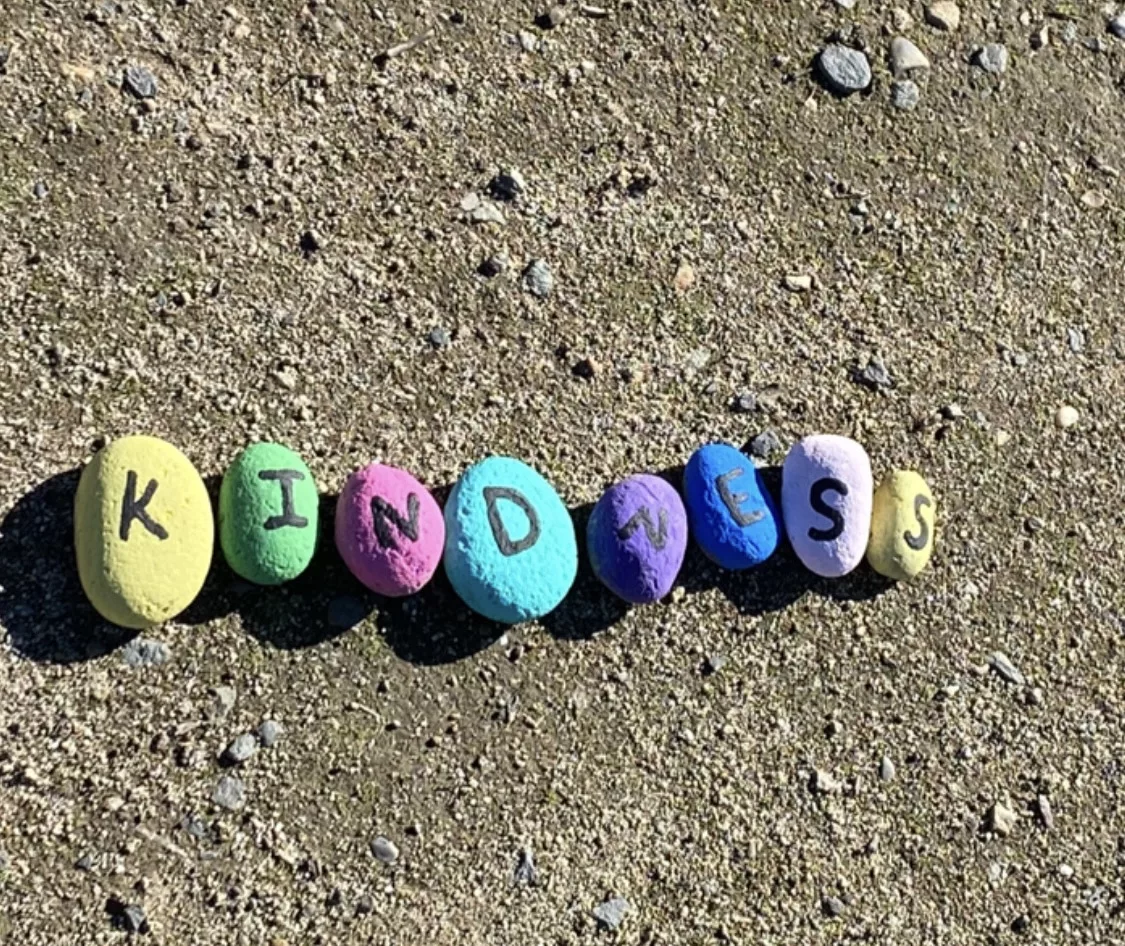
Have you struggled with making stories about others that are not always true? I’m not happy about that behavior, but I’ve done that many times. God has been convicting me of that recently, and He is showing me clearly that the story I come up with about others is not always true. It is easy to make stories in our heads about someone based on what we have experienced. I’m sure we all have heard this saying “Give them the benefit of the doubt.” If you are in any relationship, there will be conflicts, and you might have every reason to believe the worst in the other person.
A few years ago, when we had some challenges within our team, one of my coworkers said, “Let’s believe the best in others.” I remember that used to be our team’s theme, and we tried to follow that quote whenever we interacted with others. That means even when our experience might want us to believe the worst about a person, we can choose to believe the best in that person. According to I Corinthians 13: 6-7, “Love does not delight in evil but rejoices with the truth. It always protects, always trusts, always hopes, and always perseveres” (New American Standard Bible).
A good example I can think of is while I’m driving; if someone drives really slow, I get angry, thinking that person doesn’t really care about others on the road. Instead, I can change my narrative to say, “what if that person is on his way to the hospital and is anxious about what the doctor is going to say.” I had a convicting moment a few months ago when I was driving on the freeway. There was a car that was going very slow, and I got so mad and tried to pass. While I was passing, I noticed a very old man trying his best to drive safely, and I felt bad for being angry with that old man.
How can we practically apply the concept of “believing the best in others” in our life? Some of the ways I want to start applying is to pause and ask these questions before assuming the worst in the other person. Am I trying to make up stories about a person that is not true? Do I have the facts to prove what I’m believing is true? If I don’t have all the facts, can I think something positive about that person?
In some situations, it might not be wise always to believe the best in others. We need to use wisdom to discern that and set up boundaries if necessary in those situations. According to Matthew 10:16, “I am sending you out like sheep among wolves. Therefore be as shrewd as snakes and as innocent as doves” (New International Version).
We live in a broken world, and no one is perfect, and we all can show extra grace to one another and try to believe the best in others. According to Romans 3:23, “For all have sinned and fall short of the glory of God (New American Standard Bible). According to Luke 6:31, “Do to others as you would have them do to you” (New International Version).
![]()

I love this!!! 💕💕💕💕